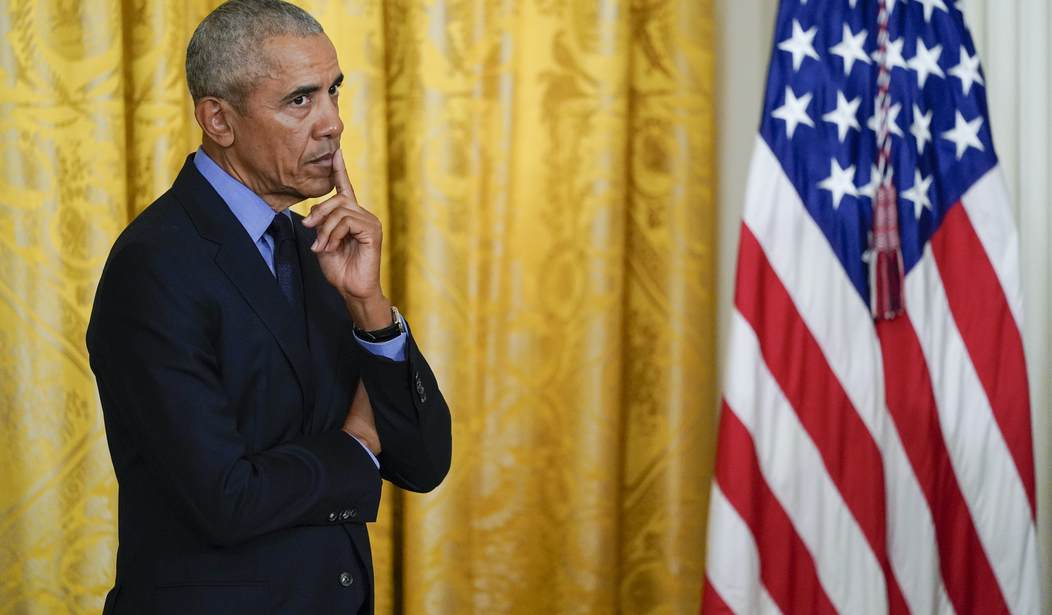The partial government "shutdown" is a pure political act. It has nothing to do with the amount of money the government takes from taxpayers, though it does have something to do with how much it irresponsibly spends. Democrats are holding the country hostage over Obama-era health insurance subsidies that don't expire until Dec. 31.
At the heart of it is a narrative created by the Democrat Party that extends at least to the administration of Franklin Roosevelt: Rich people make too much money and people who don't make as much are entitled to some of it.
Barack Obama promoted this narrative when he ran for president. Obama promised to "spread the wealth around," which is socialism. Many young people have been indoctrinated with socialism in their public schools and universities. Democratic socialist Zohran Mamdani is the leading candidate for mayor of New York City.
President Franklin Roosevelt's expansion of big government created dependency among the lower and middle classes. Roosevelt criticized wealthy people whom he called "economic royalists" for hoarding their money (translation: not willing to give more to the government) and stunting economic recovery during the Great Depression. He declared the rich guilty of "economic tyranny."
In 1935, FDR signed "the wealth tax," which dramatically raised federal income taxes on high earners. It also created a new progressive income structure that garnished as much as 75 percent of those making more than $1 million and raised estate taxes to 70 percent, all to support his New Deal programs.
According to his son, Elliott, FDR weaponized the IRS to go after his political enemies. Sound familiar? All of this, and more, won him four terms so it worked in a cynical way. Modern Democrats continue to embrace his beliefs.
President Harry Truman continued his predecessor's criticism of the rich. In a speech to the Democratic National Convention in 1948, Truman said that year's election was a choice between common people and "the citadel of special privilege and greed." Again, does this sound familiar? Truman echoed many of the phrases we hear from today's Democrats, including "fairness" and "progressivism."
Is it fair to penalize those who have demonstrated initiative, sacrificed, and lived by economic and moral rules while subsidizing those who did not? Is it progress to attack such people who took risks, created small and large businesses, and were able to hire people who then bought homes and cared for themselves and their families without turning to government as a first resource? These people came to pay higher taxes because they made more money. As others have noted, the poor don't pay income taxes.
Growing up, I never envied the wealthy. I wanted to know how they became wealthy so that I might learn from their example. I recommend watching the History Channel series that depicts some of the people who "built America." The risks they took and the values in which they believed, including that America is a land of opportunity, not one of entitlement, is not studied in most of today's schools.
For decades the Democrats have promoted the unholy trinity of envy, greed and entitlement. This tells people that if they make bad choices in their personal and professional lives the government will bail them out with money from others who made the right decisions.
People who are poor through no fault of their own should be helped, but the goal should not be to sustain them in poverty that they might always vote for Democrats. The goal should be to help them escape poverty and become independent, which has long been the Republican and conservative view. Independence would free individuals from relying solely on government. That would lead to less reliance on Democrats, who are the party of government.
There you have the explanation for what's behind the phony government "shutdown." Any questions?












